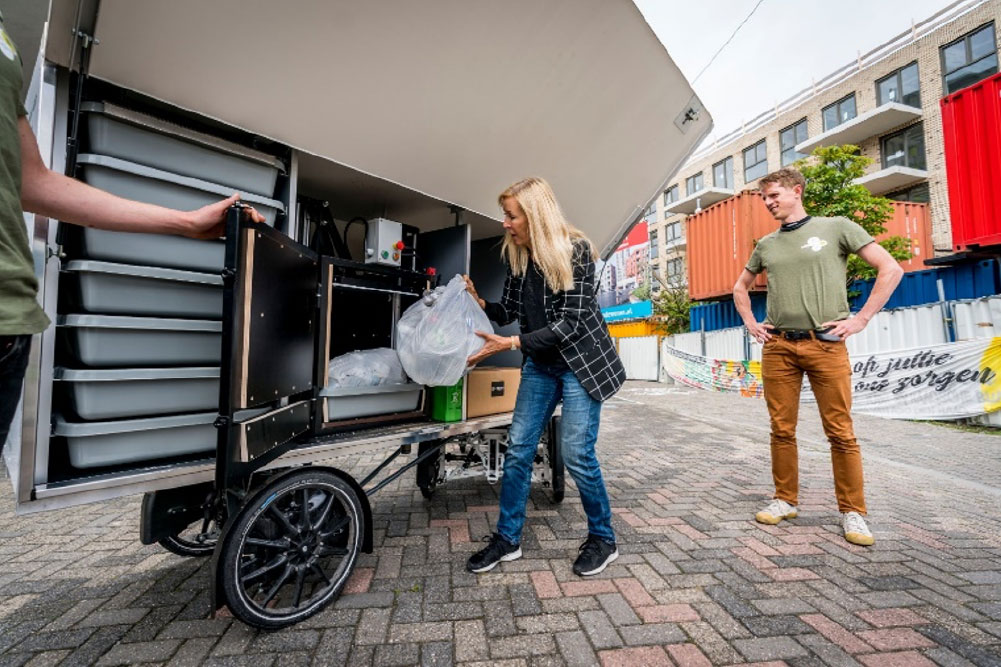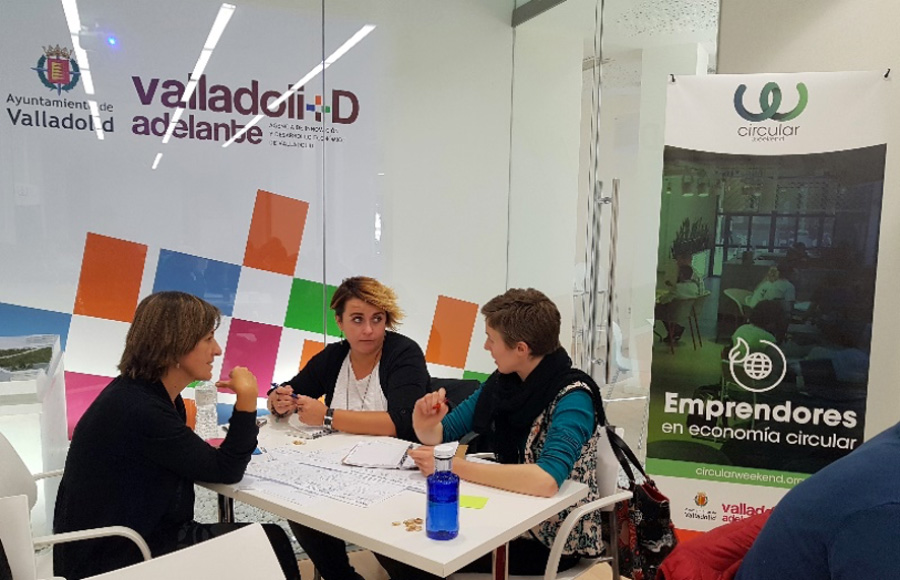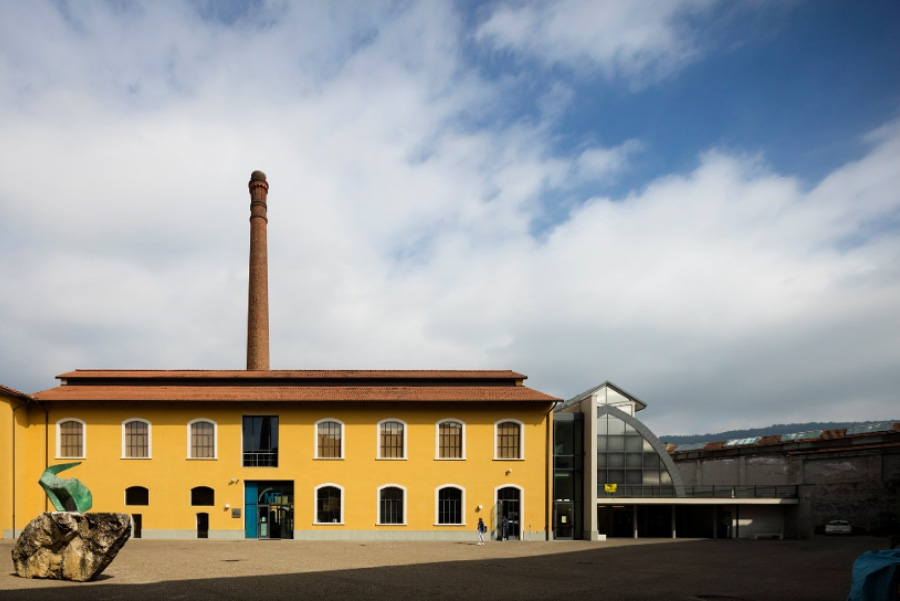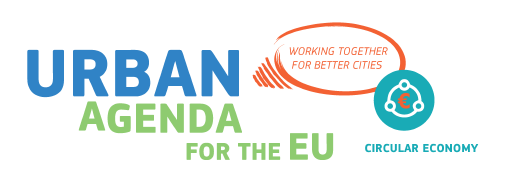Support
Circular support models focus on the support and facilitation of all circular strategies in all lifecycle phases. This entails the management and coordination of circular value networks and resource flows, optimising incentives, and other activities that support the transition to circularity. In addition, these models include the development or deployment of key enabling technologies that support, enable and facilitate the other circular categories (being design and production, use and life extension, and value recovery).
Examples of circular support models are:1
- Information and Communication Technologies (ICT) and services supporting circular business models, such as predictive maintenance, repair, and refurbishment to extend the life of products and assets.
- Development and deployment of databases for material passports and other online tools and applications to facilitate the tracing, marketing, and trade of secondary raw materials and products for reuse, repair or recycling.
Circular support strategies in cities
Developing ICT that supports the circular economy is especially useful in cities, as this is where capital, data, and talent are concentrated in a small geographic territory. This makes it easier to connect people, ideas, and initiatives and develop circular support models.
In addition, about 75% of global natural resource consumption occurs in cities. This means digital technology has the potential to identify the challenges in material flows and to outline in which areas wastage occurs. Technologies like asset-tagging, geo-spatial information, big data management, and widespread connectivity can be used to advance the circular economy in cities. The development of more localised maintenance and repair in cities can also benefit from these types of digital support.
A specific category of circular support services uses blockchain technology to increase trust and transparency across value chains. The Dutch start-up company Circularise ![]() uses blockchain technology to get an oversight of the location of products and raw materials. The Circular Service (CISE)
uses blockchain technology to get an oversight of the location of products and raw materials. The Circular Service (CISE) ![]() platform has launched an open infrastructure pilot project, based on blockchain technology, to reduce the administrative burden in product-as-a-service businesses.
platform has launched an open infrastructure pilot project, based on blockchain technology, to reduce the administrative burden in product-as-a-service businesses.
Funding your circular support project
Are you developing smart technology to keep track of and predict product performances? Do you want to test your online tool for secondary materials trading? Chances are you are eligible for financial support.
Generally, financial instruments are available for circular initiatives in all stages of the innovation or project development process; from basic research to commercial demonstration and scale-up. Learn more about the different funding types and their applicability here.







